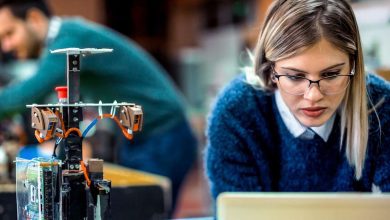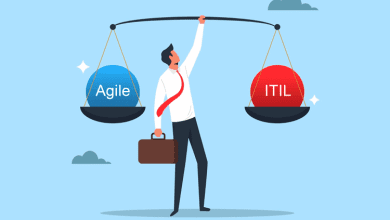
We are on the cusp of a new era of the internet, known as Web 3.0. This next generation of the internet will be powered by blockchain technology and controlled by users, not centralized institutions. Here are some ideas for Web 3.0 startups:
1. A social media platform that is truly decentralized and user-owned.
2. A messaging app that uses blockchain technology to provide end-to-end encryption.
3. A search engine that returns results based on user data, not advertiser dollars.
4. A news platform that curates articles from a variety of sources using blockchain technology.
5. A marketplace for web-based applications that runs on a decentralized network.
6. An incubator for Web 3.0 startups that uses blockchain technology to fund new projects.
7. A data storage platform that is secure and decentralized, using blockchain technology to protect user data.
8. A browser extension that allows users to block ads and trackers while browsing the web. 9. A VPN service that encrypts user data and routes it through a decentralized network
The internet has come a long way since its humble beginnings Today, the internet is a global network that connects billions of people and is an essential part of daily life. However, the internet as we know it is not without its problems. Centralized servers are vulnerable to attack, and users have little control over their personal data. This would create a new kind of internet, often called Web 3.0, which is more secure, democratic, and censor-resistant. In addition, users would have full control over their personal data, and there would be no need for central servers. This decentralized internet of the future could provide a more secure and user-friendly experience for everyone.
However, the introduction of Web 2.0 changed all that. With features like social media and user-generated content, Web 2.0 gave users a way to interact with the internet and each other. Now, with the advent of Web 3.0, the internet is becoming more interactive and intuitive than ever before. Thanks to advances in artificial intelligence and natural language processing, users will soon be able to search the web using natural language queries. In addition, they will be able to access personalized content and suggestions based on their individual preferences. As the internet continues to evolve, it is clear that we are moving towards an even more connected and interactive future.
Web 3.0
The term “Web 3.0” is the next generation of the World Wide Web. While the exact meaning of Web 3.0 is still being debated, it generally refers to a more open, decentralized and user-centric web. The new web is all powered by data. In order to make this transition, developers need to be familiar with a few key terms.
First, developers need to understand the concept of the “Semantic Web”. The Semantic Web is a vision of the future web where information is organized in a way that machines can understand. This will make it possible for software programs to automatically find and use information from the web, just like humans do today. To make this happen, developers need to use standards like RDF and OWL to annotate their data.
Second, the developers need to be familiar with the concept of “decentralization”. Web was running by data centers, However, in a decentralized web, each user possesses their own data and there is no centralized authority. This allows users to have more control over their personal data, and it also makes the web. Web 3.0 is powerful and time will come that this will rule the future. You need to keep an eyes on it. Future belongs to Web 3.0. Web 3.0 shift will create new opportunities for startups to build decentralized web-based applications, the secure and transparent.






